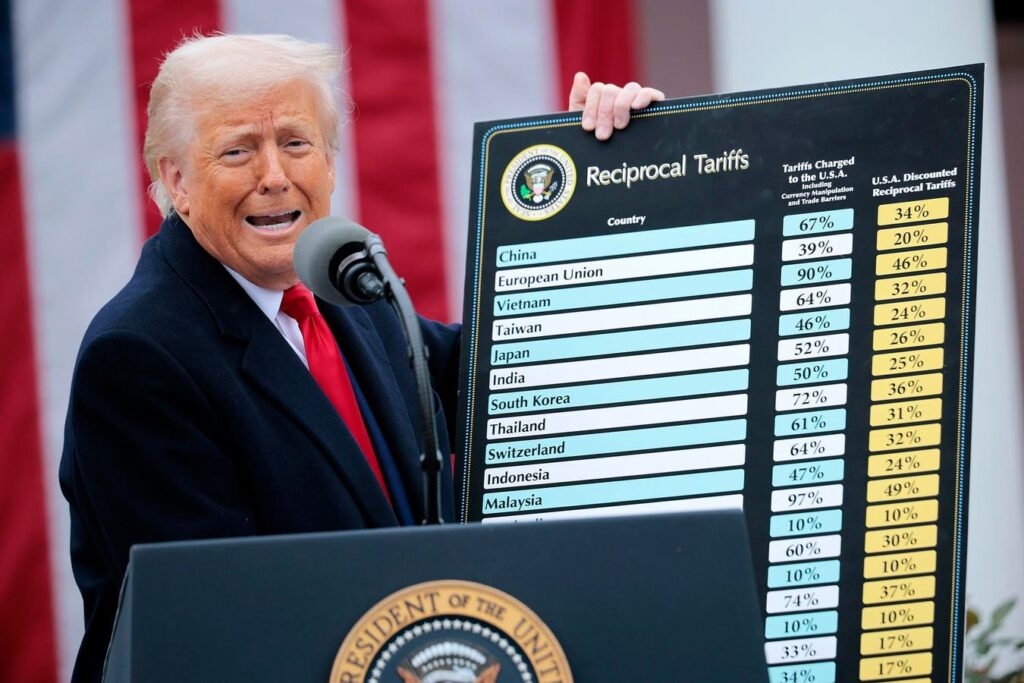Tariffs have been around for centuries but only in the last year have most Americans had to think about they’ve impacted their finances. It seems that every week brings a new round of tariff news and it’s understandable that you might be weary of them.
Fortunately, there are things you can do to try to tariff-proof your finances. These steps are, in generally, good for your finances whether high tariffs persist or if the President steps them back, so it benefits you to do them either way.
Increase Your Savings
In times of turmoil, whether it’s widespread economic worries like a recession or more localized fears such as higher tariffs, it pays to save as much as you can. Ensure you have a fully funded emergency fund to weather potential calamities.
Most experts suggest three to six months of expenses saved up in a high yield savings account. If you work in a recession sensitive business, consider saving more to protect against job loss.
Cut Nonessential Spending
If you need to save money quickly, cut as much nonessential spending as possible. If it helps, think of it as a temporary reduction, not a permanent one.
Skip a few nights out with friends and bank those savings into that emergency fund. Cancel Netflix for a few months and consider using free streaming services to bridge the gap.
By cutting spending just a little bit, you can save more just a bit faster. You can always add them back in later.
Reduce Debt Repayment
If you’re finding it hard to cut your spending, another option is to reduce how much you’re paying on debt. While I think it’s important to keep high interest debt to a minimum, you may wish to reduce your payments if you’re making more than the minimum if it can help you save into an emergency fund a bit faster.
If you have lower interest debt, such as a mortgage, and you’re paying more than the monthly payment, that’s a good candidate to reconsider.
Delay Large Purchases
If you have an upcoming purchase, especially one that may be impacted by tariffs, try to delay it if that is possible. If you’re planning on purchasing large appliances or replace a car, check to see how much they’ve been affected by tariffs because you may be overpaying if you must buy right now.
In some cases, those products haven’t been affected yet because of existing inventory. In others, with higher turnover, the costs may be up already.
Speak with a Financial Professional
If you’re still concerned, you may wish to work with a financial professional to get a better understanding of your finances. There are plenty of services that can put you in touch with someone who can look over your finances and give you specific advice on what you should do next.
This can give you the peace of mind to know you can handle whatever comes next in the trade wars.
Read the full article here


